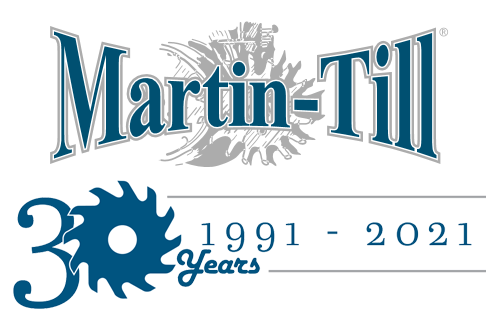Developing no-till powerhouse Brazil has an image problem, ag industry officials say.
Speaking at the Global Agribusiness Forum in July, government and industry representatives say the country has been unfairly maligned by the international community.
Brazil has the second-most acres in no-till production (106.2 million) after the United States (108.8 million), according to research published earlier this year. That equates to about 18% of Brazil’s total agricultural production land, compared to about 21% of U.S. land in continuous no-till, according to the USDA.
The country uses about 30% of its land area for production and preserves about 60% for native vegetation. Of that 60%, about 30% is located on rural properties owned by producers, says Bruno Barcelos Lucchi, the technical director for the Brazilian Confederation of Agriculture and Livestock (CNA).
“This shows the commitment of Brazilian rural producers to preserving the environment,” Barcelos Lucchi says.
The country also has exceeded carbon reduction goals (under the government’s ABC plan) by 15% since 2018. The country also uses less water to produce its agriculture.
“We have a history of the development of production allied with preservation,” he says. "[It’s] difficult to convey this image, not only in Brazil, but also abroad, because there’s a lot of attacks on the Brazilian agriculture segment.”
Deforestation gives the country an unfair black eye, Barcelos Lucchi says. The growers’ group statistics say 0.9% of all land is subject to illegal deforestation. Brazil’s agricultural prospects are tied with its economically developing present, Barcelos Lucchi says. That requires both better enforcement against illegal deforestation, as well as increasing economic opportunity for those living in sensitive areas.
“We do have problems,” says CropLife Brazil President Christian Lohbauer. “We have illegal mining, deforestation, yes we do. Do we have illegal logging? Sure, we do. There are people who don’t employ good production practices, absolutely. But the agribusiness has been built around a sustainable view.”
Lohbauer mentioned a number of practices already flourishing in Brazil — including direct planting (no-till), capturing nitrogen in the soil and using animal waste — but much of the world doesn't know about these advancements.
Increasing populations demand more food, Lohbauer points out. At the same time, people, including growers, want to protect the environment.
“What is sustainability, after all?” he asked. “The resources are limited. Period. How can we use resources wisely so we can maintain life and biodiversity?”
Ultimately, technology is the answer, Lohbauer says.
“The responses are in the technology, and technology means a lot,” he says.
Biotechnology is likely part of the solution, Lohbauer says. At the same time, he’s concerned about intersection between intellectual property and agricultural productivity.
“If people have their farm and want to set it on fire, they can do it,” he says. “But what they can’t do, what they aren’t allowed to do, is get a biological commercial product, copy it and spray it without paying the rights of the company that holds the patent on that product.”
Related Content:
What I've Learned From No-Tilling: Putting Worldly No-Till Knowledge To Work: After years of helping countless farmers make a lot of money, Bill Crabtree finally decided to make a go of it himself. In 2007, he bought 7,000 acres of farmable ground in northeast Morawa, Australia.
Zapping Weeds, Smashing Seeds: With growing concerns about herbicide resistance, Australian no-tillers are looking at new non-chemical ways to control serious weed problems.
Helping Zambia Reach its ‘Huge’ Farming Potential: Longtime Australian no-tiller Bill Crabtree is playing a major role in an organization determined to help Africa adopt modern farming methods.
The No-Till Passport series is brought to you by Martin Industries.
Since 1991, Martin Industries has designed, manufactured and sold leading agriculture equipment across the U.S. and Canada. Known for Martin-Till planter attachments, the company has expanded to include a five-step planting system, closing wheel systems, twisted drag chains, fertilizer openers and more in their lineup. Their durable and reliable planter attachments are making it possible for more and more farmers to plant into higher levels of residue.









Post a comment
Report Abusive Comment